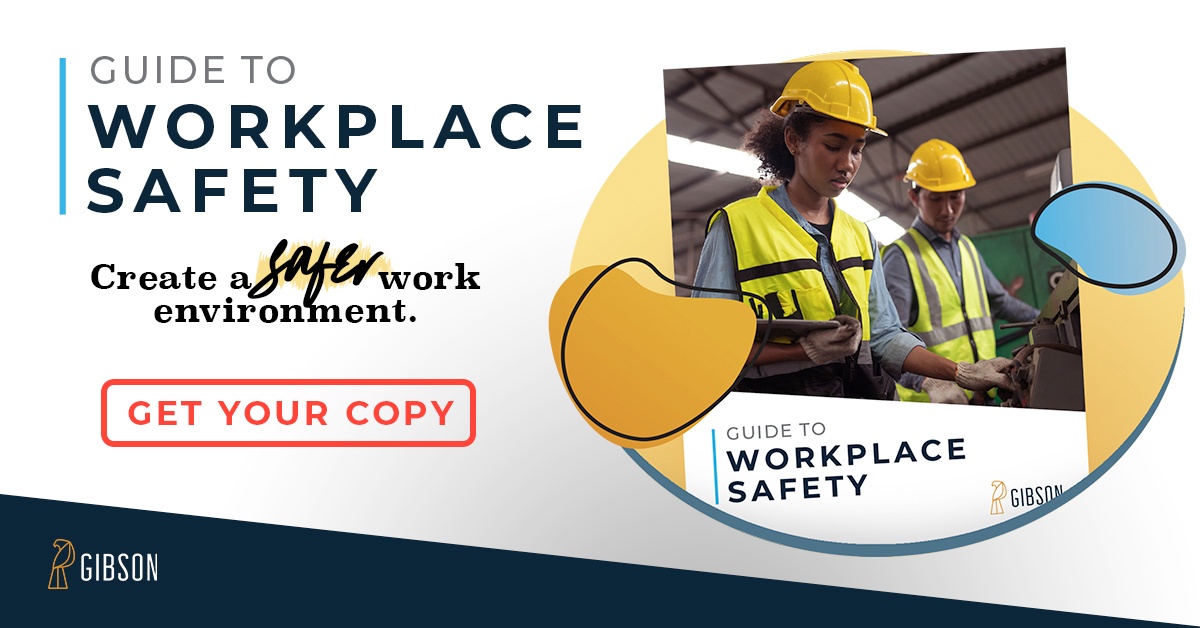
Every year, the Association of Certified Fraud Examiners produces a ‘Report to the Nations’. Based on data compiled from a study of occupational fraud cases that occur throughout that year, the report gives professionals insight into the presence of fraud within their industry.
The 2012 report found that just 3.4% of all fraud cases occurring between January 2010 and December 2011 were construction industry based. At first glance, this figure casts a very positive light on the construction trade as a safe haven, without much notable fraud cases. However, it would be untrue to call that a fair assessment of the industry.
The report continues to highlight the median loss per case of construction fraud which stands at $300,000, the third highest of all industries. Billing fraud, check tampering, corruption, non-cash and payroll fraud make up the top 5 fraud schemes, showing that despite only making up 3.4% of all fraud cases, fraud within the construction industry is still a problem construction companies have to face. In light of this, we have outlined some important measures for ensuring your company & projects remain fraud free.
Maintaining project balance
One of the most important tasks in project management is maintaining a balance that meets both quality and deadline. If your company is working on a project that becomes too heavily focused on getting that project completed on time and indeed, at a reduced cost, there is an inherent danger of the project quality becoming compromised. Similarly, attempting to reach the finish line ahead of schedule while maintaining high standards could result in your project exceeding its budget. Project balance is crucial as potential gaps are always liable to become exploited by fraud.
Managing risk
Maintaining project balance is just one precautionary measure that can be filtered in to your overall Risk Management Strategy. Of course, risks such as Health and Safety hazards are taken into account by construction companies, however, the possibility of occupational fraud is something that is often neglected and in a case of fraud, companies often find themselves at a crossroads in reacting.
When defining their overall Risk Management Strategy, it is important that construction companies make sure to account for the possibility of fraud. This involves the drafting of Fraud policy and a subsequent briefing of all staff connected to the company, from workers to clients. By compiling a comprehensive Fraud Management policy, construction companies can reduce the possibility of fraud occurrences and prepare for cases to ensure they can be controlled and dealt with accordingly.
Red flags
Controlling fraud cases begins with identifying red flags that could indicate fraud may be occurring. The project management team should be knowledgeable on how to identify red flags such as weak change order language, missing exhibits to contracts, omitted termination for convenience clause and perhaps most importantly, un-reconciled (or incomplete reconciliation) of the construction work in progress (WIP) account.
All too many contractors fail to fully account for the reconciliation of the WIP account which has proven to be a ripe area for fraud within the industry. Identifying the threat of fraud stemming from an un-reconciled WIP account is just the first step, however, unless the company ensures the account is reconciled on a regular basis – a monthly basis is advisable – fraud is increasingly likely to occur, thus damaging the construction company as well as the project at hand. It is important that the open and closed job schedules are regularly reconciled to the construction revenue and construction cost accounts.
Day to day Fraud
In order to protect against fraud, companies must ensure their fraud management process is an ongoing one that accounts for day to day occurrences that could give rise to fraud. For example, daily occurrences such as project managers and estimators receiving kickbacks from vendors, subs and suppliers should be accounted for along with the process of job cost rolling.
In the rolling of job costs, particularly when a contractor has a compensation model that rewards or punishes a project manager or estimator for the performance of a job, the incentive exists for pushing costs into a job that has delivered notable results. Taking this into account, strong project cost controls and adequate oversight are key in protecting against the possibility of fraud occurring on a daily basis.
Conclusion
The figures reported in the 2012 Report to the Nations show that fraud in construction is still rife, but it is becoming more and more manageable. In order for this growth to continue, it is vital that construction companies are constantly aware of the possibility of fraud greatly damaging their work. Through assessing, evaluating and learning, fraud can be controlled, reduced and wiped out completely, but it is up to construction industry professionals to take charge and protect against it.
For more information, you can contact us directly, we are always happy to help!





